Wuthering Heights (1939)
“Catherine Earnshaw, may you not rest so long as I live on!”
|
Synopsis: |
|
Genres, Themes, Actors, and Directors:
Response to Peary’s Review: However, Peary argues that “too often the atmosphere conveys characters’ emotions that otherwise wouldn’t be evident from the acting alone”, and that “unlike in the book, the characters don’t come across as being forces of nature more than human beings”. He spends the rest of his review comparing the book (mostly unfavorably) with the film — and in his Cult Movies 2 essay on the film, he admits bluntly: “I like Wuthering Heights very much. Yet I am disturbed by how much [screenwriters Ben] Hecht and [Charles] MacArthur changed the novel”. He writes that while in the novel, “Heathcliff’s fight is with all who are civilized”, in the film his “anger is directed toward Cathy for marrying rich Edgar Linton (David Niven),” and “all that he intentionally does wrong — including marrying Edgar’s naive sister, Isabella (Geraldine Fitzgerald) — is his way of getting revenge.” Peary complains that Hecht and MacArthur’s “biggest crime is to turn Cathy into the film’s villain”, and writes that while the “film has a polished veneer”, the “issues are far more complex in the novel, as are the characters — and they are far more interesting”. The film does — for better or for worse — reduce the novel’s complex narrative into a “simple” story of star-crossed lovers and revenge. However, as Peary writes, “there’s no denying that Oberon and Olivier are a wonderful couple, and their scene in the make-believe castle on Peniston Crag” — “original to Hecht and MacArthur”, who “wanted to humanize the characters” — is “one of the most romantic [and iconic] bits in cinema history”. He notes that “Oberon is surprisingly good” (this was almost certainly her best, most impassioned performance), and that Olivier’s “delivery has such strength that we tend to overlook those lines which make no sense”; he’s fully invested in his role. Ultimately, Olivier and Oberon make such a handsome, romantically tragic couple — representative of all would-be lovers kept apart either through fate or social constrictions — that we can’t help becoming involved in their plight, despite knowing from the beginning how things will turn out. Redeeming Qualities and Moments:
Must See? Categories
(Listed in 1001 Movies You Must See Before You Die) Links: |
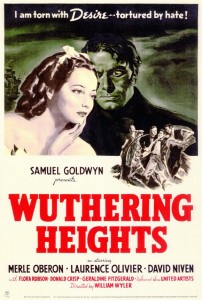
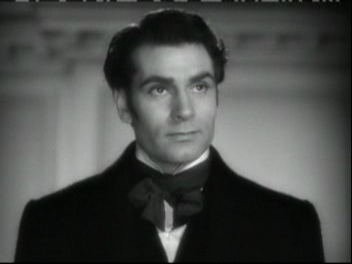
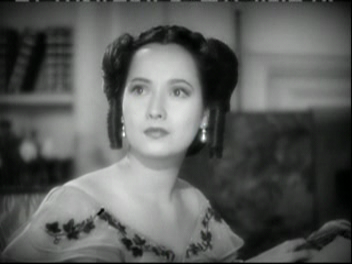
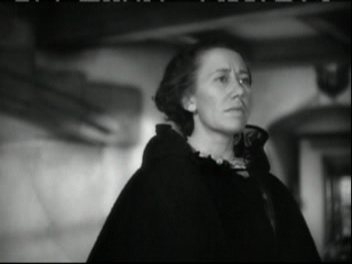
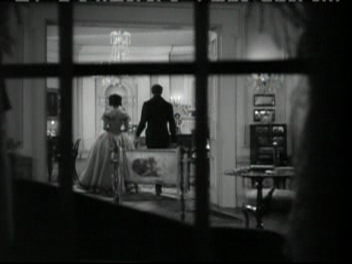
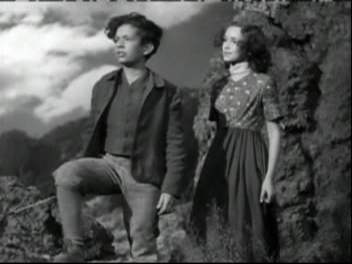
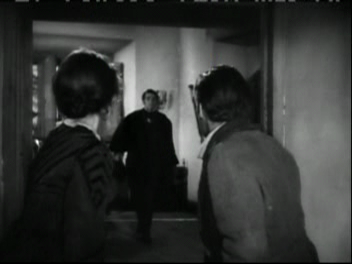
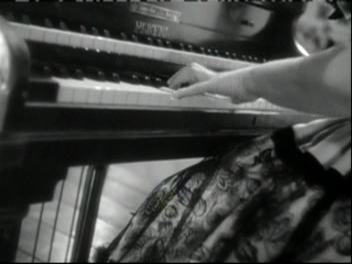
One thought on “Wuthering Heights (1939)”
A tentative once-must – though I recognize the fact that, even though it’s not a faithful adaptation of the novel (gee, what a surprise!), it’s still widely regarded as an admired classic.
Personally speaking, however, this film does very little for me, as it comes off to me as being too off-the-scale as an unabashed tale of romantic torture.
I don’t think I’ve read the novel – though I’ve read Charlotte’s ‘Jane Eyre’ and liked it. Since it’s doubtful that I’ll be reading ‘WH’ in the near future, I can only say that I find the version of the main characters on-screen rather insufferable. Even though I understand the whole issue of ‘class’ and how that comes into play, I still tire of these two fairly quickly.
Things aren’t helped in the film by the fact that we are rarely without overbearing violins, courtesy of the music score – so the manipulation has little let-up. While watching, I found myself siding with David Niven’s character – in the sense that he tends toward a look of vague consternation as the film progresses. That was sort of my look as well.
This is among director Wyler’s more stridently tasteful films. All of the elements are strategically mixed with the goal of a respectable product. I can see where people would find the film fine as is – and, to a degree, I could just not be part of the target audience.
But, on this viewing, as the film was reaching its conclusion, I had long felt completely removed from any of its ‘charm’.